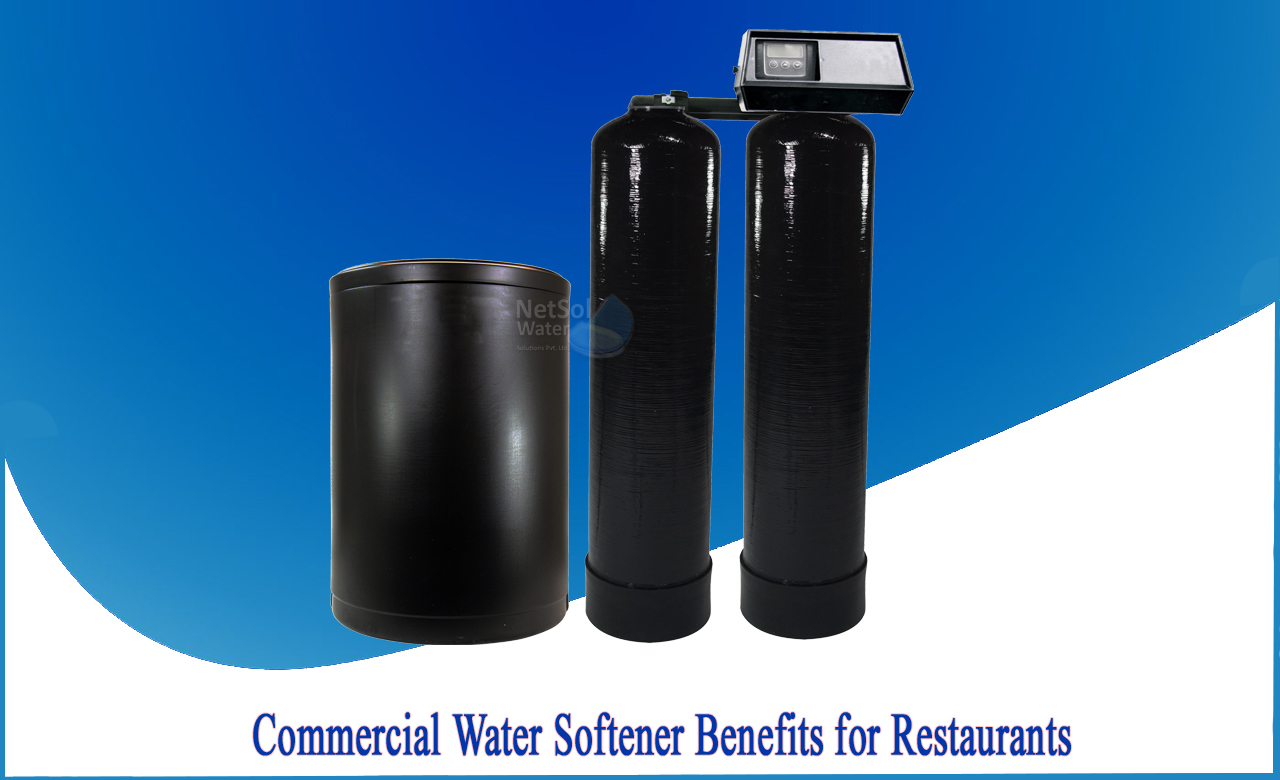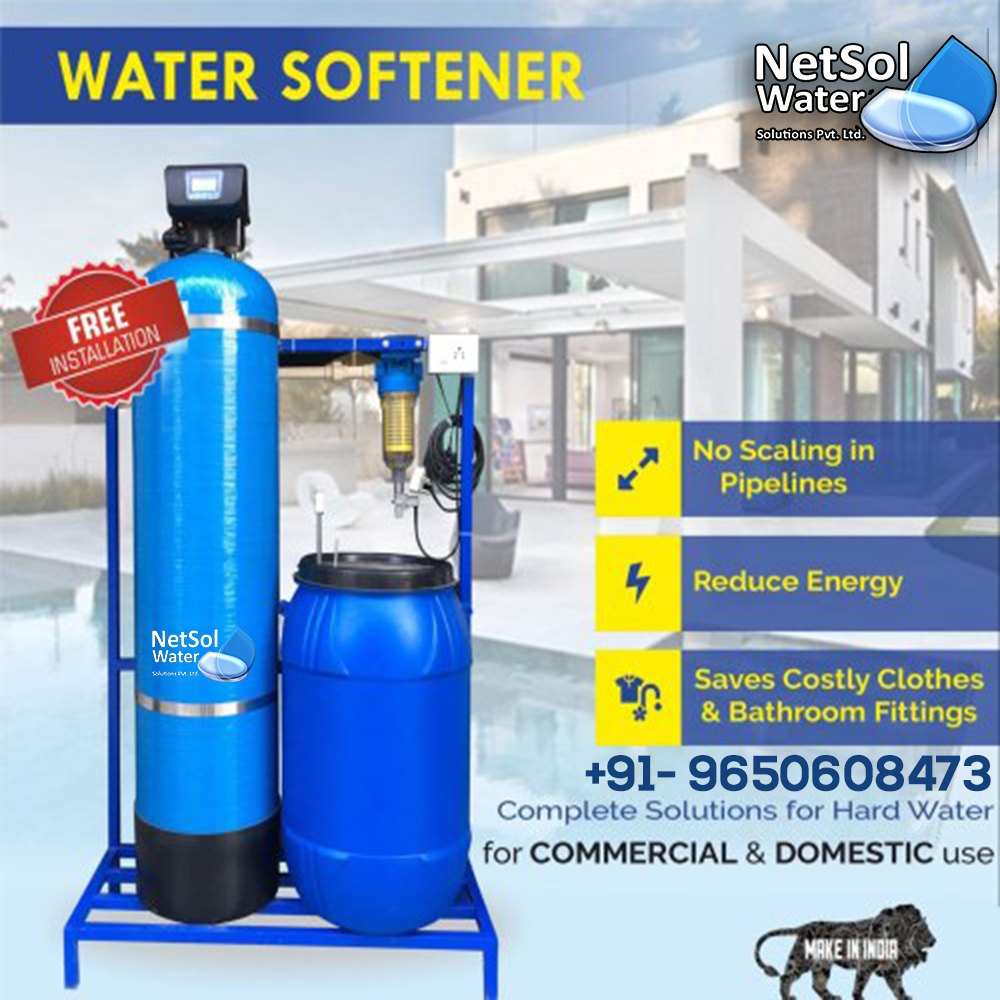Why is a water softener required in restaurants?
Most restaurants now use water softeners (salt-exchange systems) on hot water only to address issues with water hardness and low levels of iron and manganese. Individual water filtration systems are then added to ice machines, beverage stations, steamers, and coffee and tea brewers. These filtration systems typically include a sediment filter to remove large suspended particles from the water, a carbon filter to remove chlorine, and sometimes a sequestering filter to reduce the effects of scaling.
These filters should be replaced every three to four months.A commercial water softener will remove these minerals and metals from your water, leaving it clear and soft. It will also save you money on repairs and make your appliances last longer. It prevents scaling, simplifies cleaning, and produces better-tasting water for fountain drinks and recipes.
If you have hard water in your restaurant, it can cause a number of issues. Hard water contains magnesium and calcium, which can stain dishes, utensils, and glasses. Using hard water to clean fruits and vegetables can also have a negative impact on their taste.
THE ADVANTAGES OF USING A COMMERCIAL WATER SOFTENER IN YOUR RESTAURANT
· GET MORE OUT OF YOUR APPLIANCES
Using a commercial water softener can extend the life of the appliances you use in your restaurant while also saving you money on repairs. When minerals from hard water build up, they form sludge in and around your water pipes. This will eventually cause a water blockage in your water system, necessitating repairs. Mineral sludge can also cause parts of your machines and water systems to break down quickly.You can extend their life and save money by softening the water.
· CLEAN MORE EFFECTIVELY
Hard water is notoriously difficult to clean with. Your restaurant cannot afford to have poor hygiene and cleanliness standards. Hard water tends to leave mineral residue after cleaning, which can make your silverware and glassware appear dirty. You can rely on the cleanliness standards provided by soft water.
Mineral deposits in hard water can make your dishes and glasses look dirty, which will turn off customers. They may even believe that your employees do not clean the dishes thoroughly. A water softener will remove deposits from dishes and glasses, allowing them to appear clean and sanitary.
· LESS HARMFUL TO HUMAN BEINGS
Hard water is bad for your skin and hair. It can also cause skin dryness, rashes, and other issues. Soft water, on the other hand, prevents all of these. It is also possible to avoid skin irritation and itching. As a result, water softeners are suitable for both residential and commercial applications.
Long-term hard water consumption can lead to serious stone problems in the body. Excess calcium and magnesium are harmful to the human body. The former can result in bone joint overgrowth, a rough throat lining, and a yellow layer on the teeth.
· FEWER PLUMBING PROBLEMS
Mineral deposits can clog your restaurant's plumbing system and reduce water pressure. Fortunately, these minerals can be removed through water softening before they cause damage to your plumbing.
· REDUCE YOUR ENERGY BILLS
Using hard water in your restaurant reduces the efficiency of your water heater, causing it to work harder and result in higher monthly energy bills. Mineral sludge reduces the ease with which water moves, causing your water heater to use more energy.
Companies such as Netsol, can save your water as well as appliances, skin, hair and much more!




